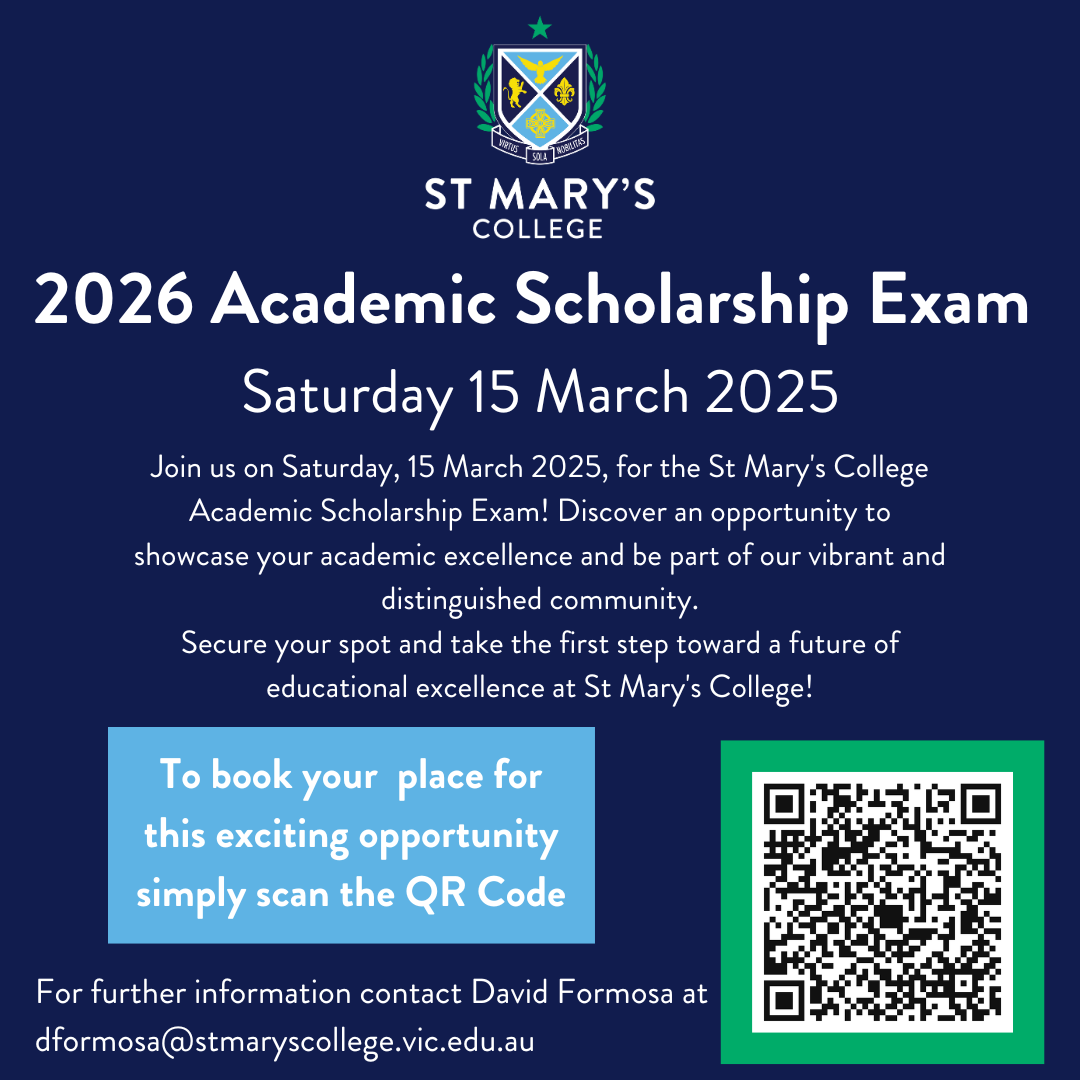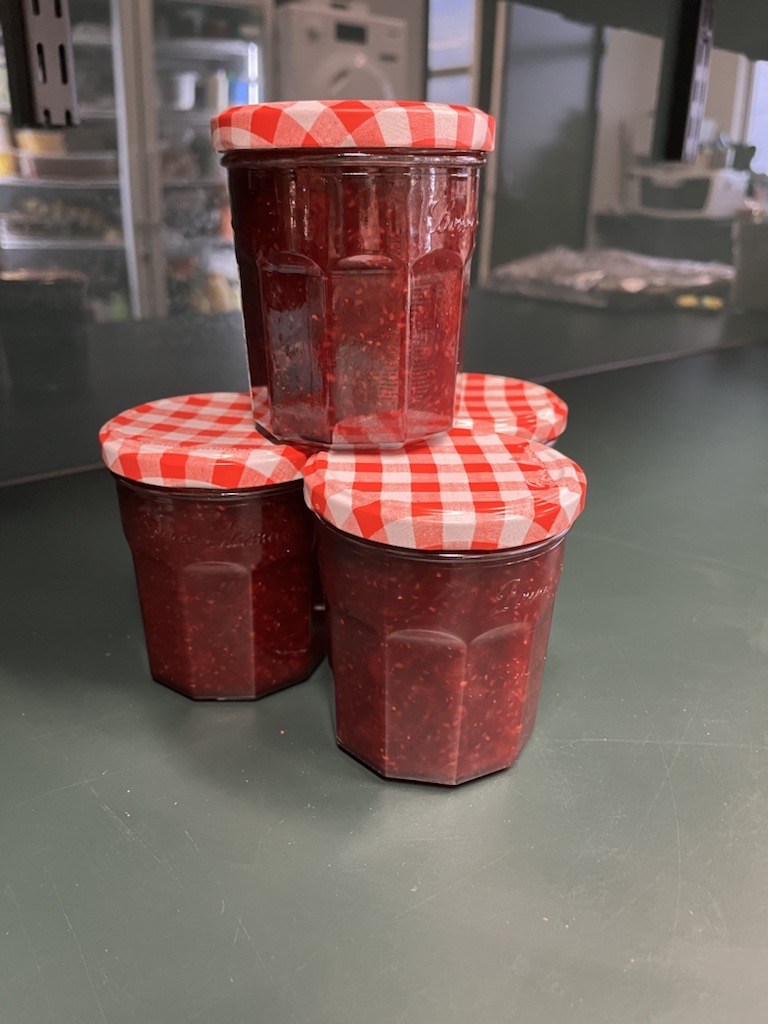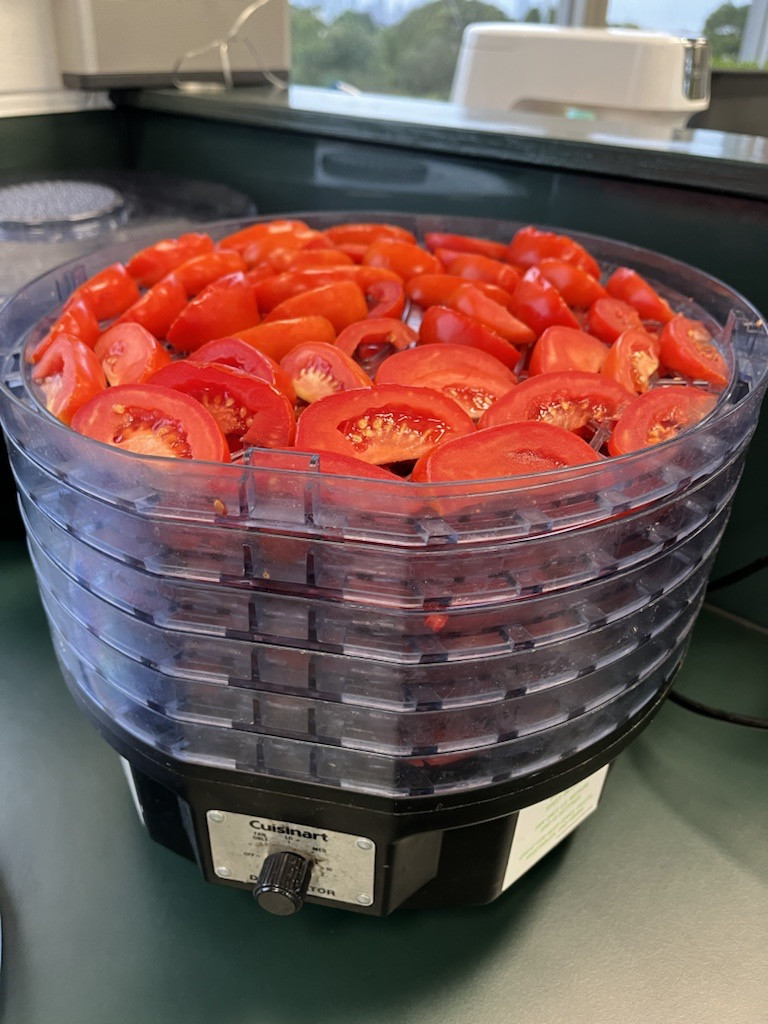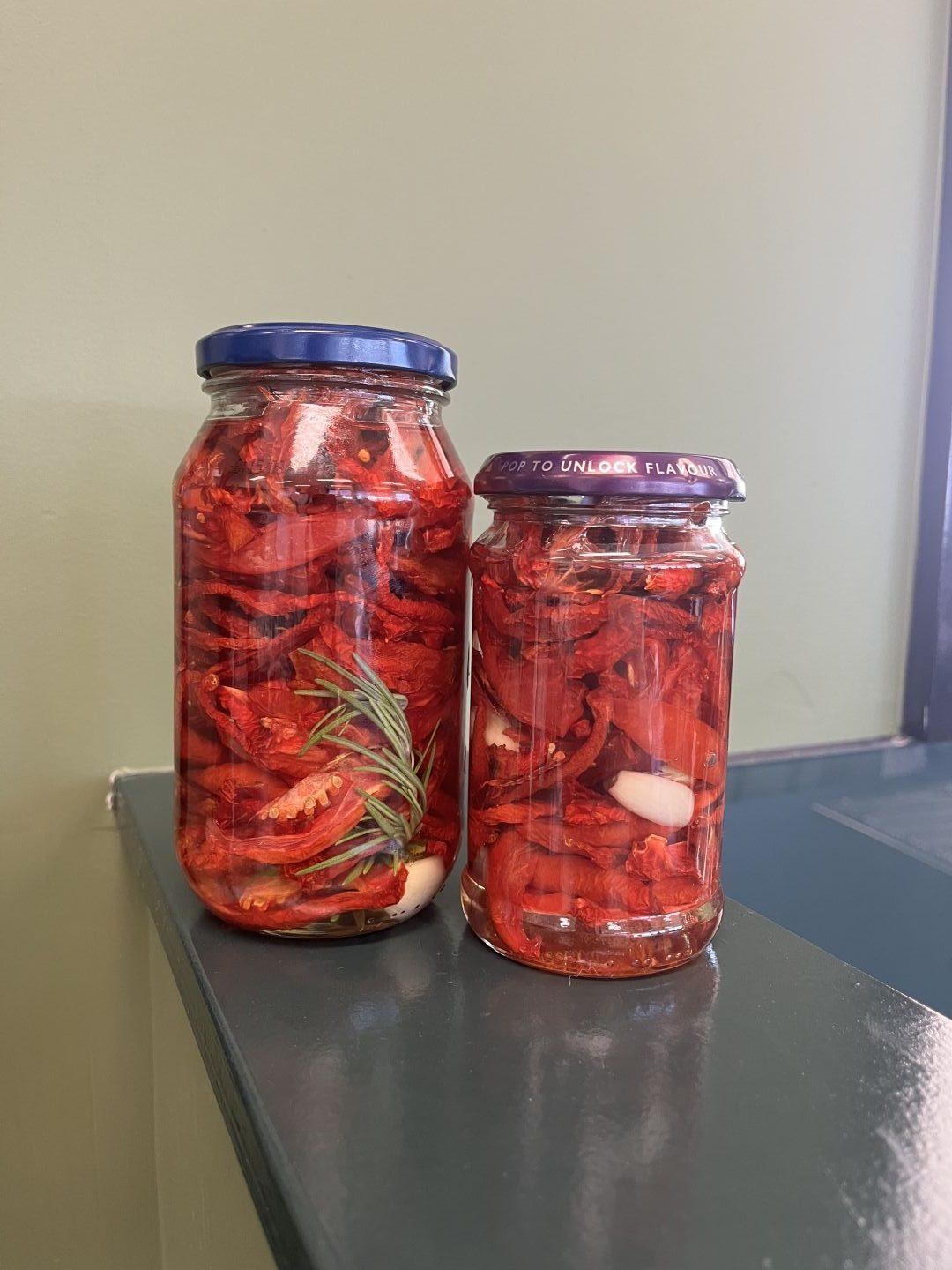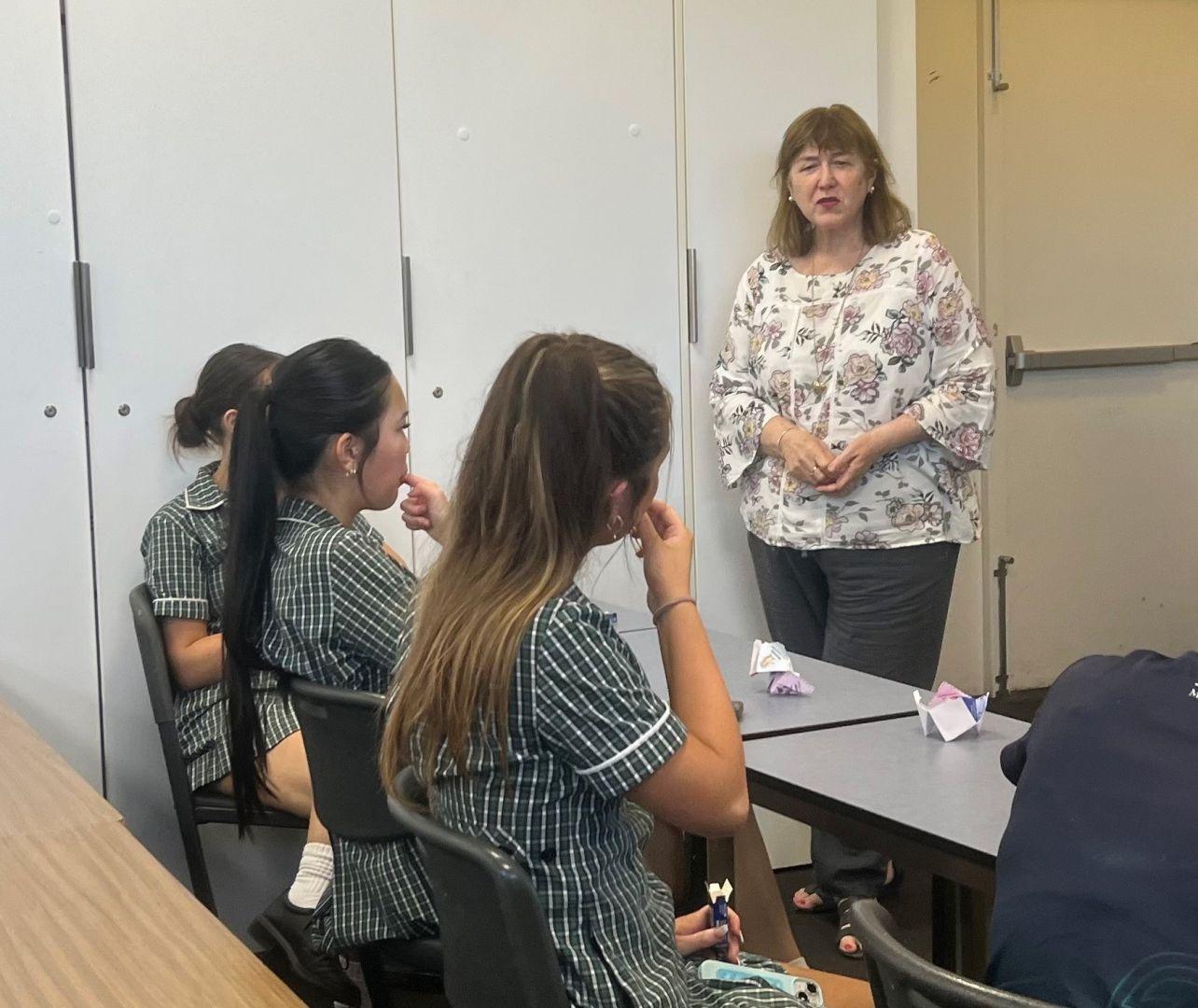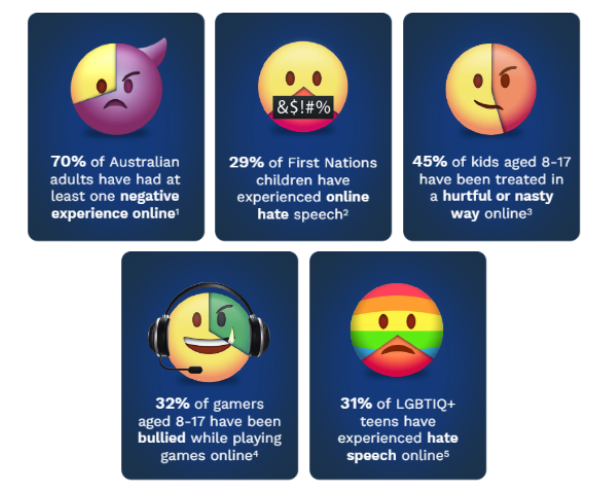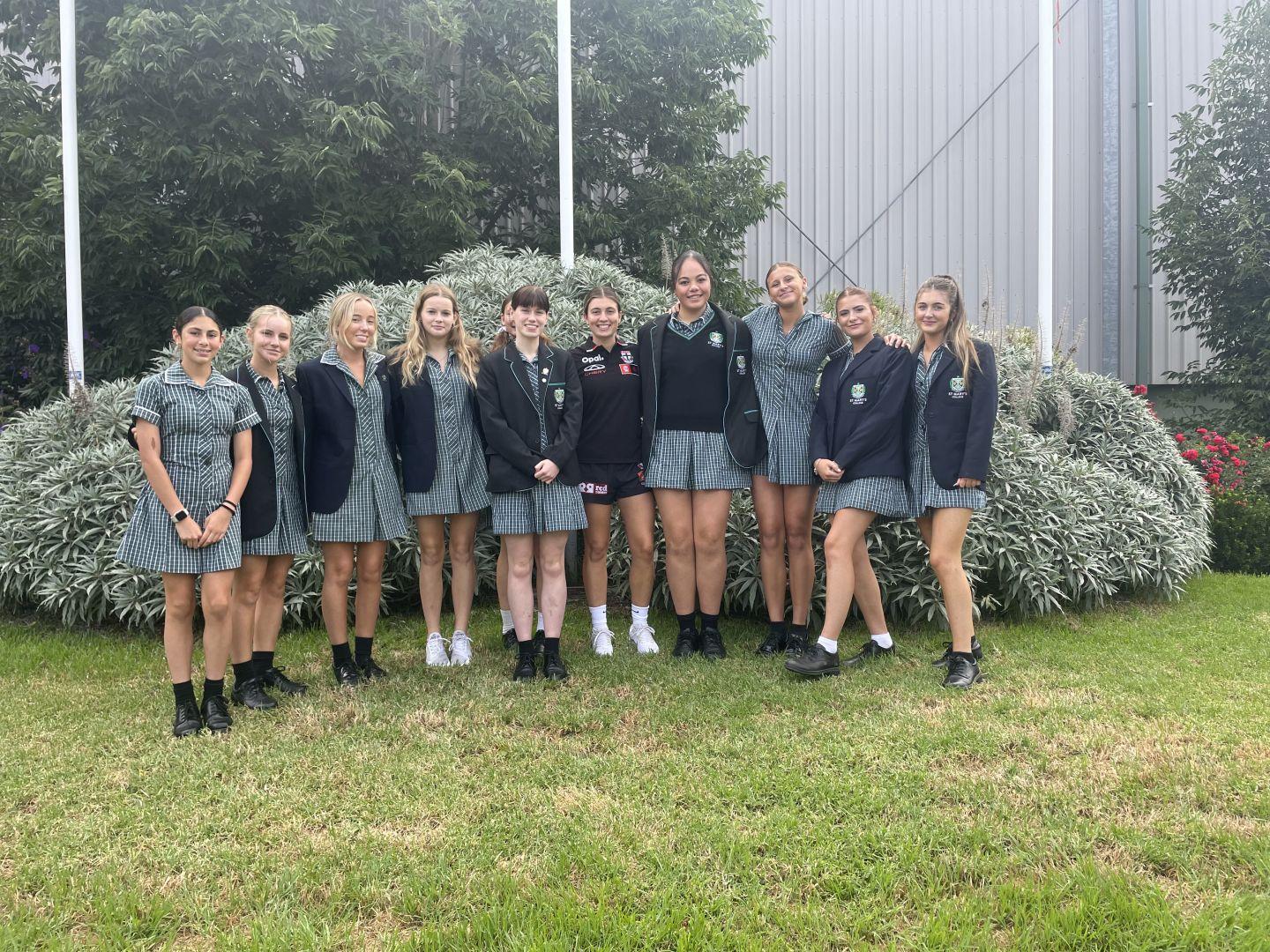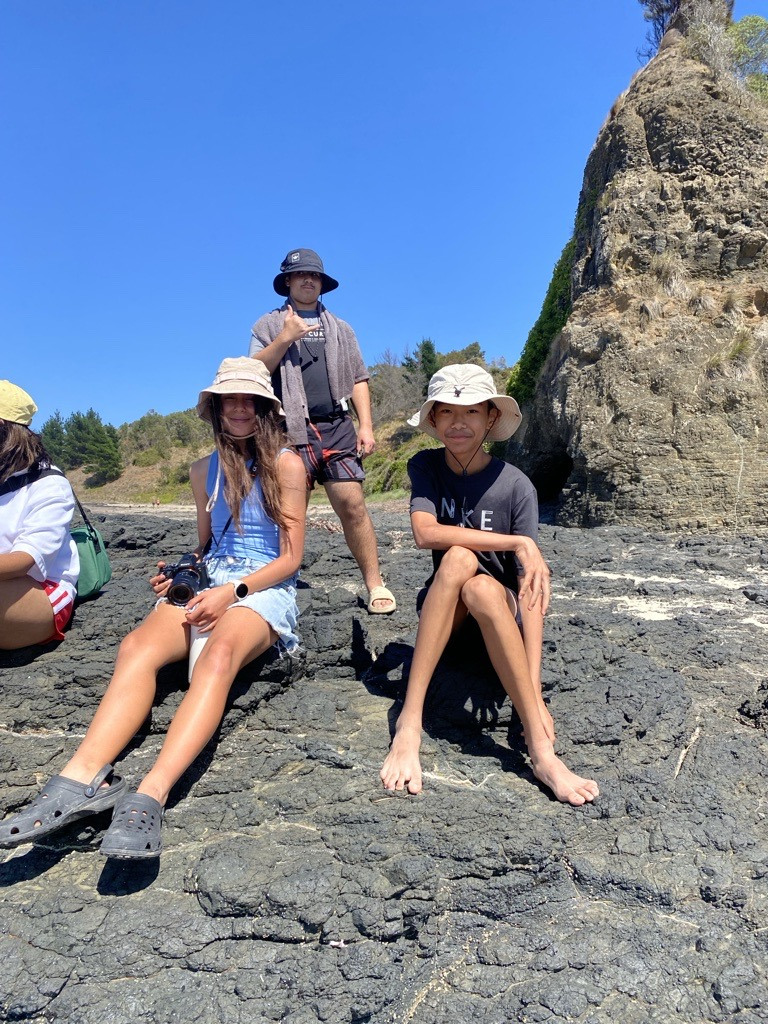Welcome to our second edition of Lumina for 2025 and we have certainly had a busy couple of weeks with Year 7 camp, athletics carnival, and special assembly in addition to the many school-based activities that take place every week. It has been a positive start to year with comments coming my way about how well our young people have settled into the new academic year and the
House Athletics Carnival
Congratulations to Tevlin House and to all participants on the excellent House Athletics Carnival last Friday. There was great competitive spirit evident on the day and strong leadership on display, especially from our senior students, some of whom competed in nearly every event. It was pleasing to see our young athletes wanting to challenge themselves and each other in a healthy and supportive environment. We appreciate that there are concerns about the move from Lakeside Stadium. While acknowledging that it is not as convenient for some, the Newport Athletics Track is clearly a more suitable venue for a group of our size affording better vision across all events and allowing for improved student supervision and a better general atmosphere. Thanks to Mr Bird as coordinator and all who contributed to make this a memorable event.
Official Opening of McCartney Wing
Yesterday, we gathered as a community to officially open and bless McCartney Wing following its refurbishment in in 2022 and 2024. Amongst our invited guests were Bishop Anthony Ireland and Mr Josh Burns MP. Other guests representing Edmund Rice Education Australia, our School Advisory Council, the Catholic Development Fund, and the project team including architects and builders, joined us in Logue Hall for a blessing and unveiling of plaques, before participating in a tour. Partly funded by the Australian Government, we were keen to show Mr Burns that the $3 million investment in our Catholic school is not only proper in supporting your choice of faith-based education but has been managed prudently towards improved learning spaces and technology for our young people. The feedback from our visitors was glowing regarding the quality of our concert band, the welcome from our Prefects, and the respectful attention shown by our young people. Thanks to Ms Saundry for catering for our guests.
Prefect Parent Evening
One of the special events in our calendar is the Prefect Parent Evening which was held last night. On this evening our Prefect team and their parents / carers have an opportunity to recognise the commitment that goes with these leadership roles and show our support for our young people. I challenged our Prefect team to reflect on the message of Pope Francis to “approach life as a pilgrim and not a sightseer.” A pilgrim immerses themselves in the places and people they encounter, whereas a sightseer is happy with a few fleeting moments to capture a selfie, Pope Francis wrote in the lead up to World Youth Day. Our 2025 Prefect team have made a great start to the year and are showing themselves to be outstanding role models.
New Families Year 8 to 12
St Mary’s prides itself on our welcome of young people at levels other than Year 7. While our students seem to generally find their place quickly and start to establish a friendship network, some of our parents / carers have asked if we could help them to meet others as well. In response, we organised an afternoon tea on Thursday as a chance to get to know others new to our community. Thanks to those who took up this offer from David Formosa, Director of Development, and Sandie Saundry for catering.
Year 7 and Year 8 Camps
Year 7 students have returned from camp and report a very rewarding time together with opportunity to learn to surf amongst other adventure activities. Next week it is the opportunity for our Year 8 students to spend time together and learn new skills. Thanks to the staff who are generously putting their hand up for these commitments so that the our young people can participate in this memorable experience.

































